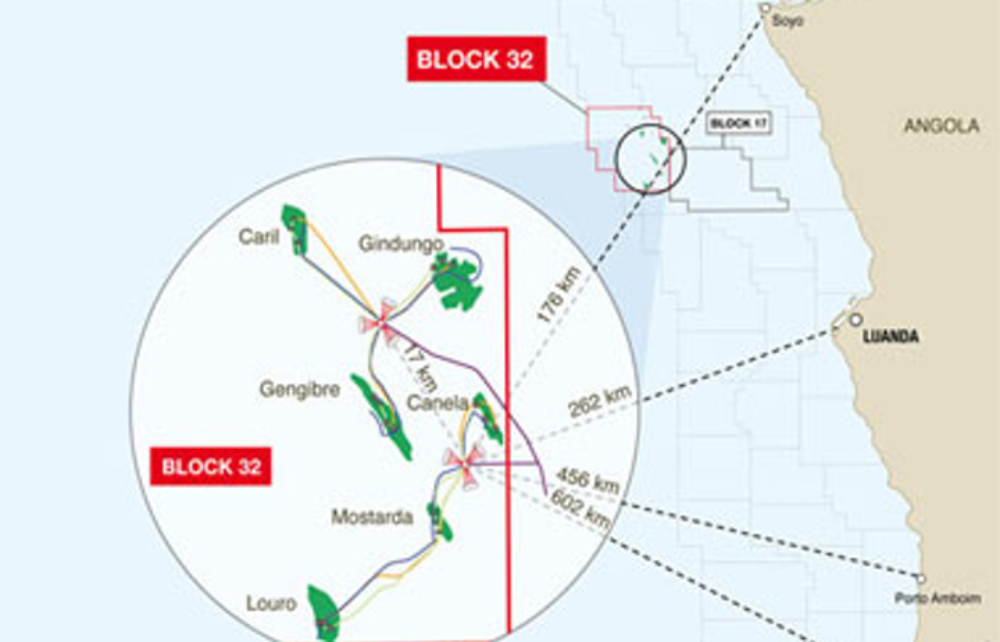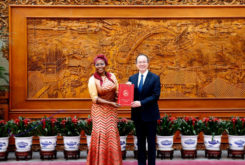The substitution of fossil fuels for “clean” energies is emperiling oil and gas projects in several Latin American and African countries, including Angola and Mozambique, according to the Natural Resource Governance Institute (NRGI).
According to NRGI, national oil companies (NOCs) risk squandering USD 400 billion on expensive oil and gas projects over the next decade that may only break even if the world fails to meet the Paris climate goals.
In a new report called Risky Bet, the NGO estimates that NOCs could invest USD 1.9 trillion over the next ten years, meaning one-fifth of those investments would be unviable unless the oil price stayed above USD 40 a barrel.
The report said that producers in the Middle East, such as Saudi Arabia, would be less impacted as their break even levels were much lower but African and Latin American countries would have more trouble.
A heavy debt burden is already an issue for Mexico’s Pemex as well as Angola’s Sonangol, it adds.
Compounding the issue is the longheld expansionist view at many NOCs, along with a lack of transparency. On average, just one dollar in every four dollars of revenue is returned to government coffers, the report said.
Azerbaijan’s SOCAR and Nigeria’s NNPC were of particular concern, according to NRGI.
About half of NNPC’s investments in upcoming oil projects may turn into a loss if the global energy transition moves rapidly, advising for a review in countries like Algeria, China, Russia, India, Mozambique, Venezuela, Colombia and Suriname.
Major oil companies like BP, Total and Royal Dutch Shell have already progressively lowered their long term price estimates, now in the $50-60 a barrel range, while some analysts see even lower levels depending on the energy transition scenario.
“State oil companies’ expenditures are a highly uncertain gamble,” David Manley, senior economic analyst at NRGI and report co-author, said.
“They could pay off, or they could pave the way for economic crises across the emerging and developing world and necessitate future bailouts that cost the public dearly.”




